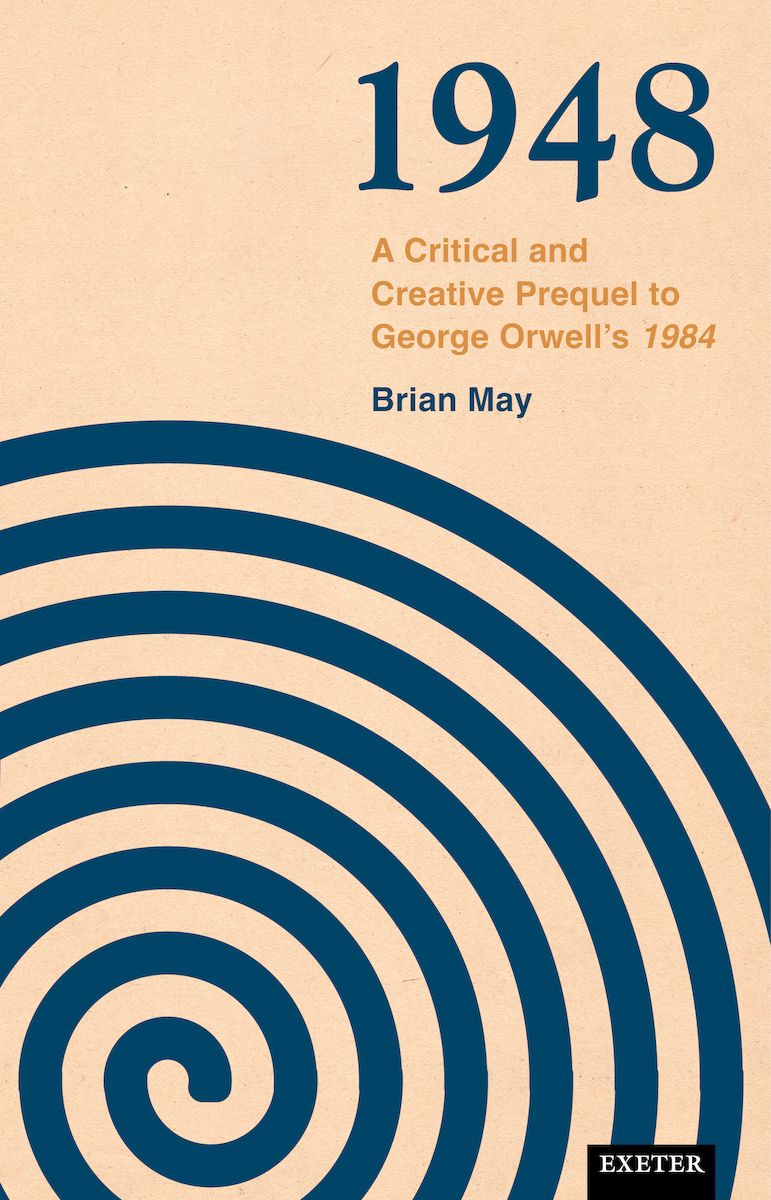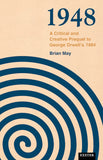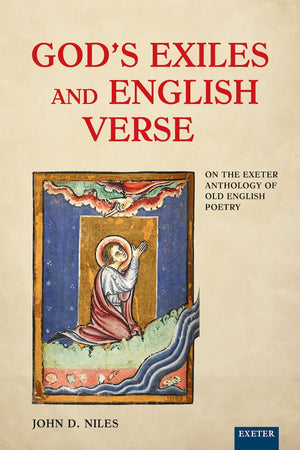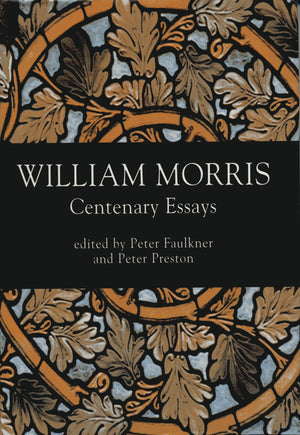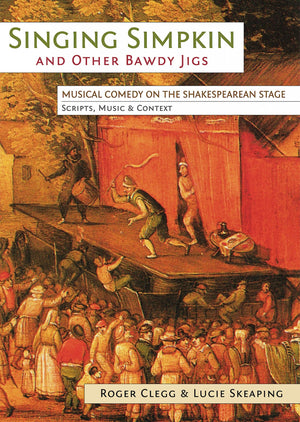University of Exeter Press
1948
A Critical and Creative Prequel to Orwell's 1984
Couldn't load pickup availability
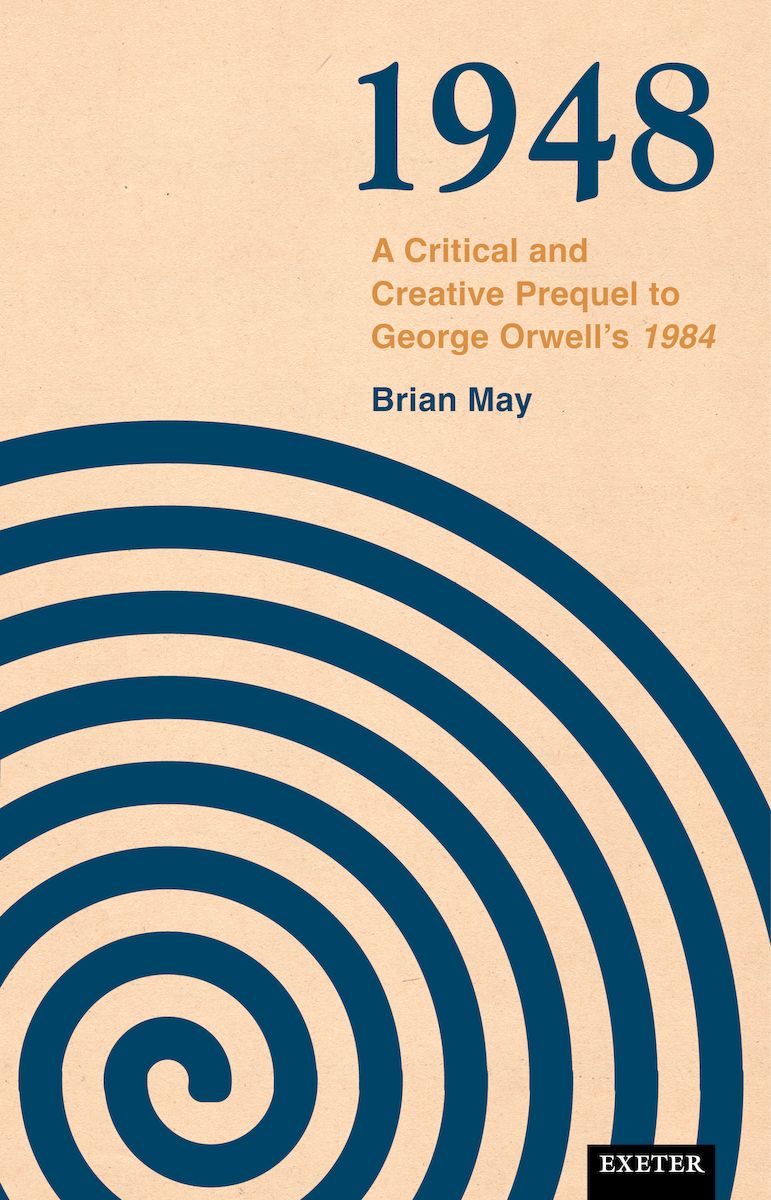
- 196 Pages
Described as the most widely read and influential serious writer of the twentieth century, George Orwell remains relevant in our own era of contested media. He continues to attract a large readership.
This book is about Orwell’s post-war cultural moment c. 1948. Taking his Diaries of the time as inspiration, together with his famous final novel, 1984 (published 1949), and treating them as contiguous texts, Brian May considers the gaps, equivocations, and contradictions in Orwell's message and asks what Orwell would have written next.
But 1948 is more than a work of literary criticism: rather, it balances critical discussion with creative intervention, being one-half literary-critical commentary, and one-half fictional departure – a novella titled “From the Archives of Oceania,” which quotes, parodies and pastiches Orwell's Diaries, offering a possible prequel. Together these elements offer a resource for the reader to interrogate anew such difficult issues as Orwell's sexism and anti-Semitism; to explore the tensions between various intertwining strands of thought that cast Orwell as both realist and idealist, Puritan and individualist; and to better understand Orwell's curious affection for the natural world.
1948 will appeal to all readers and critics of Orwell, but also to students of dystopian fiction, "revisionary" fiction and "reception study," which highlights the audience’s contribution to an artwork's meaning.
George Orwell inside-out, stood on his head, through the looking glass: what an idea, and what a strange success Brian May’s book is! May succeeds in defamiliarizing the familiar, and, if you will, in dereasoning the rational. You thought you knew Orwell? Read this.
Justin Smith-Ruiu, Université Paris Cité
At the centre of this dense, extraordinary book lies a powerful novella... As well as mashing together Orwell’s life and fiction, the novella elegantly draws in some distressing contemporary issues. Evocative images of othered people on boats in perilous conditions, and the chilling consequences of leaving antisemitism unchallenged, are haunting... It slowly builds to a believable yet horrifying conclusion which would stand up well in comparison to the iconic end of Nineteen Eighty-Four.
Nicola Rossi, The Orwell Society
Acknowledgement
I. Introduction
II. Novella: “From the Archives of Oceania”
III. Teaching Supplement
IV. Critical Supplement: “Orwell Agonistes”
Notes
Index
- 196 Pages







